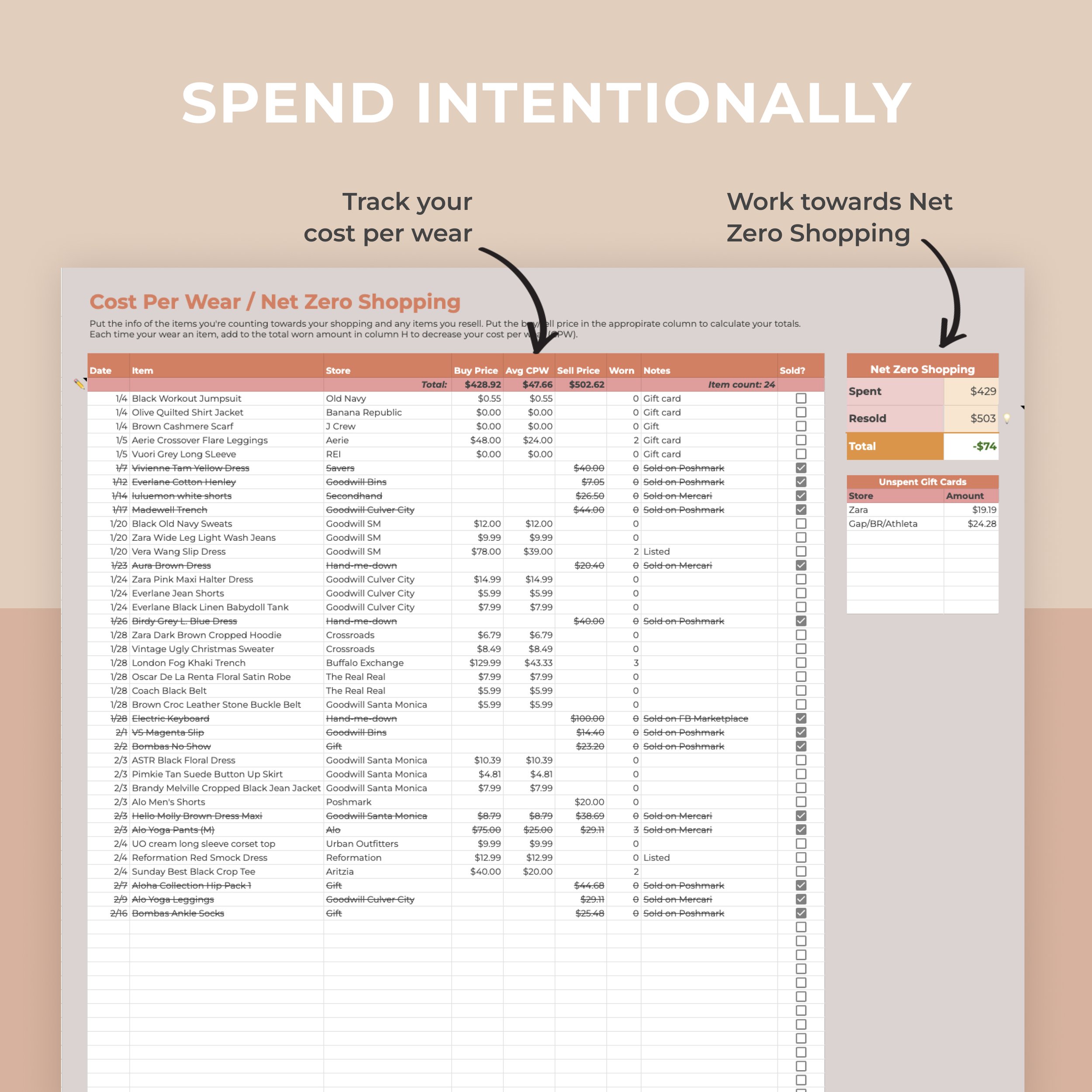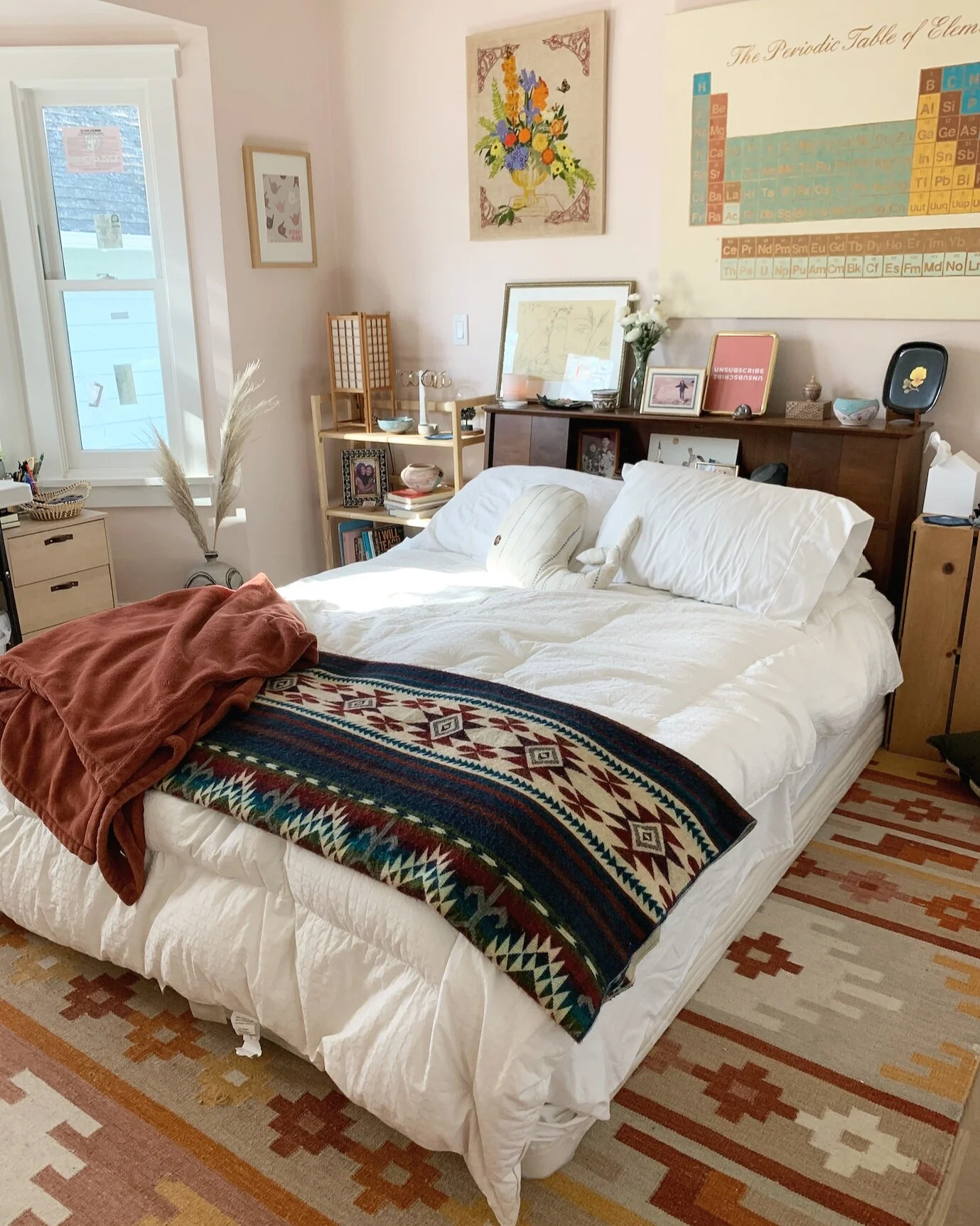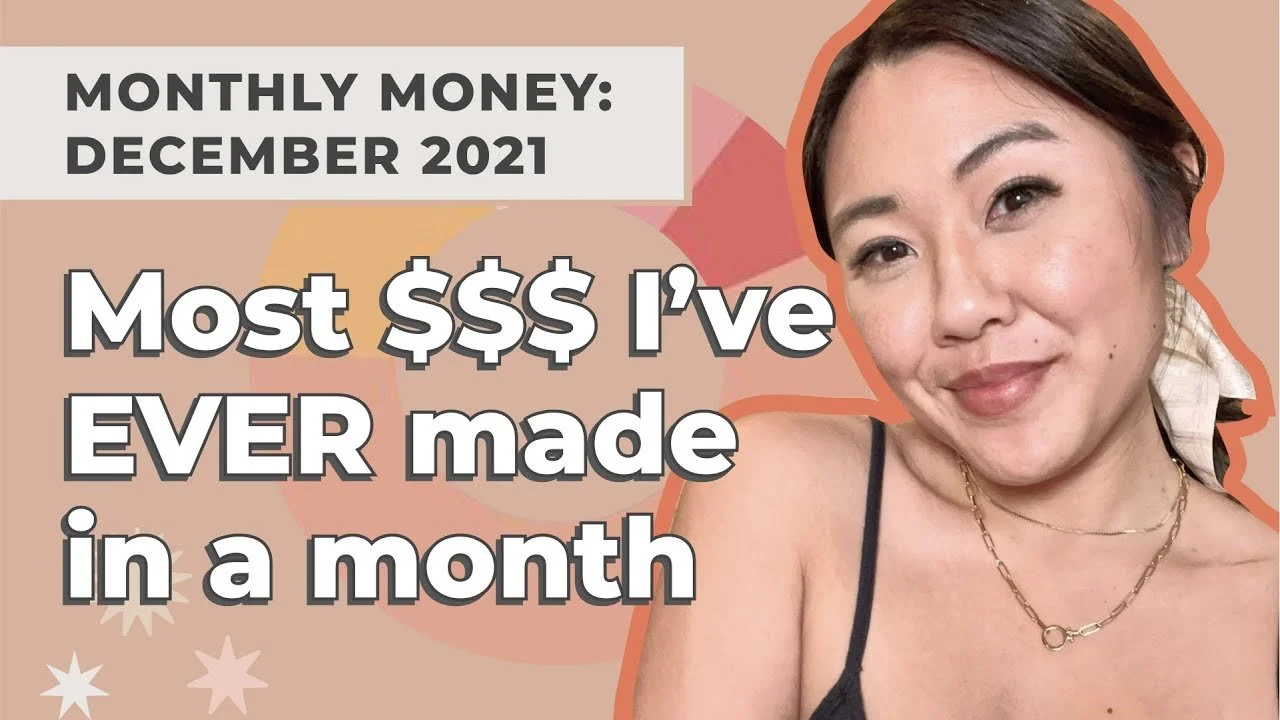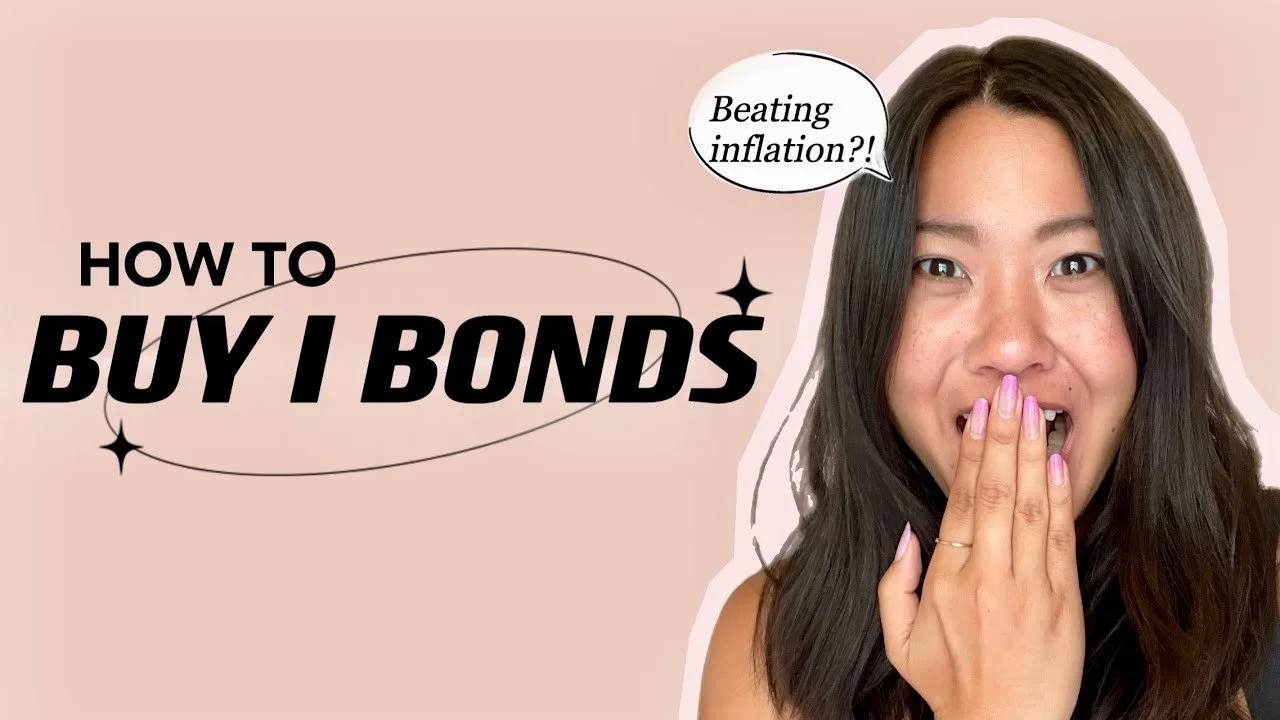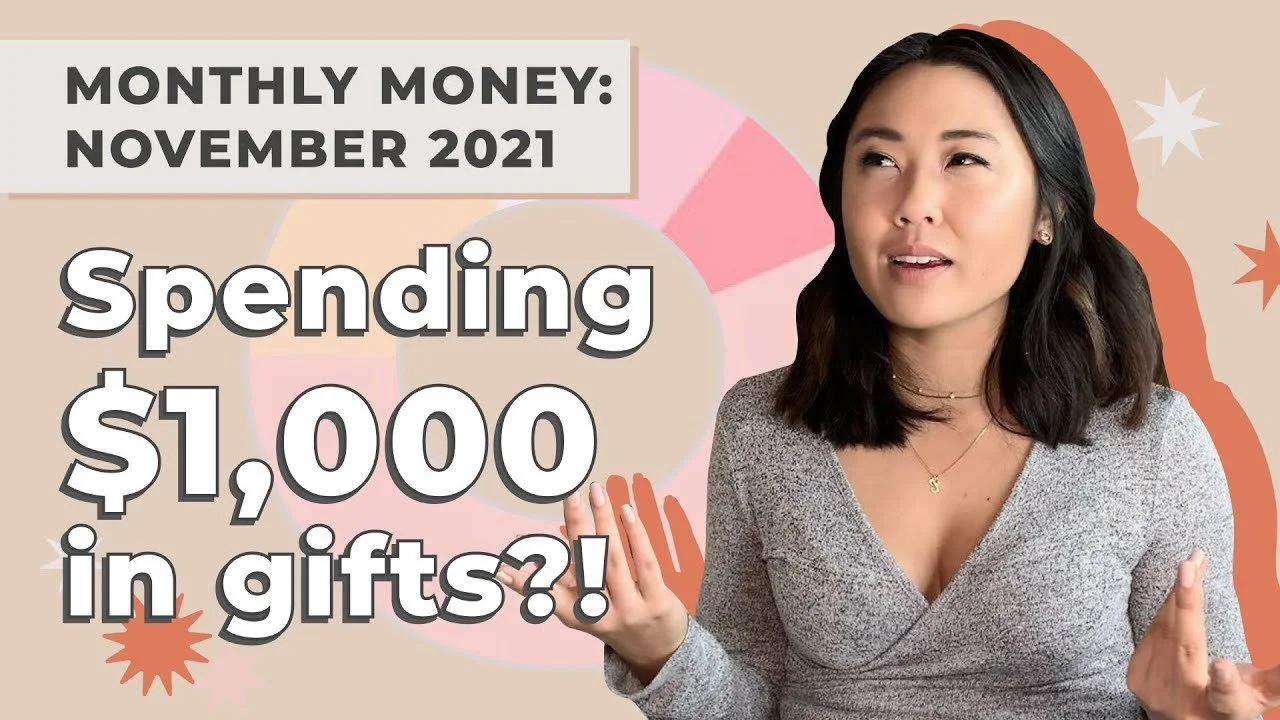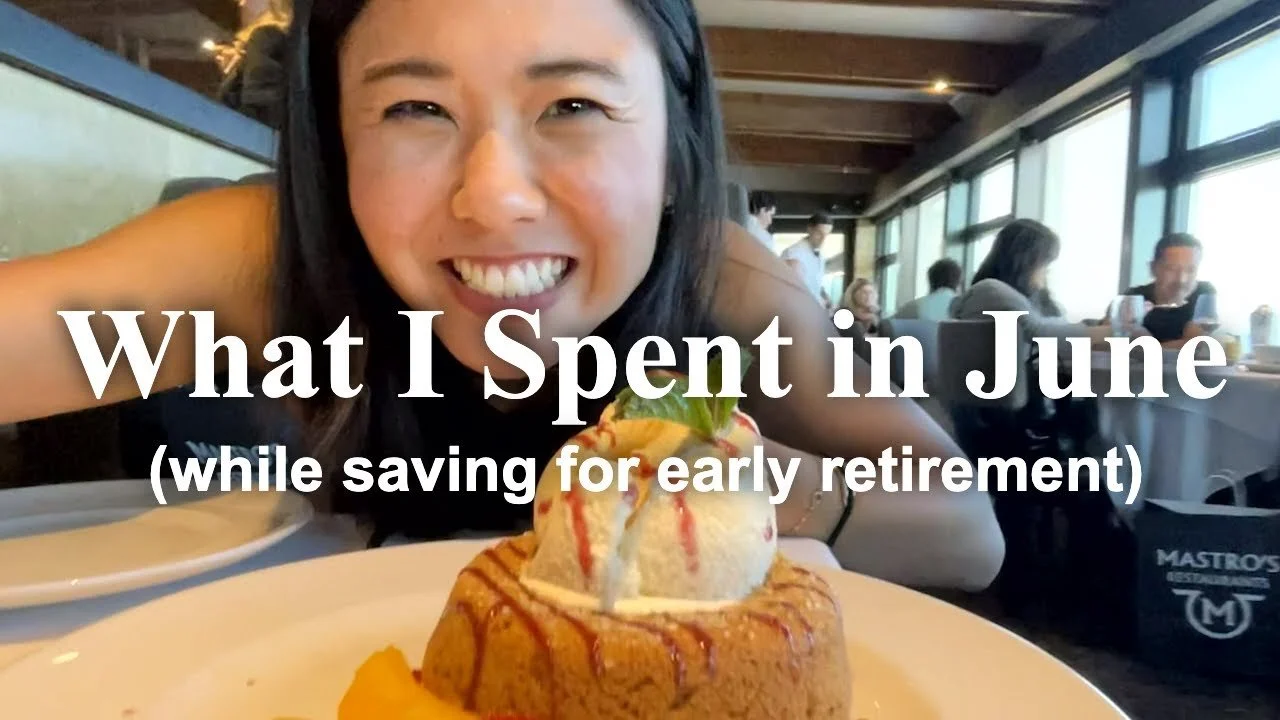Ask Me Anything: FIRE Edition
/The other week, I did a little Ask Me Anything sticker over on my Instagram, @millennialmoneyhoney, and asked people to submit some questions for this. Today I’m answering your real questions!
What are the best resources to learn about FI/RE?
The best resources I found to learn about FIRE...I'll just give you the first three that come to mind off the top of my head. There are three that I used to start my own journey, the first being Mr. Money Mustache blog, which I think a lot of people look to when they start their own FIRE journey and it's almost like a cult. It's called Mustachianism and it's pretty extreme. All education should be taken with a grain of salt, but that was a good first resource because it puts you in this mindset of the shockingly simple math behind retiring early. Its super catchy titles are like wow, that's awesome, I want to retire early too. So Mr, Money Mustache blog.
The second one that I binged was the Mad Fientist podcast and his blog too. It’s actually really good. He goes over Roth IRA ladders and all these things, which I'm not even gonna get into detail here but his blog is really simple and breaks everything down with graphics.
Then finally, I would recommend Our Rich Journey’s YouTube. Aman and Christina are so relatable, so awesome. They retired in Portugal and they make awesome YouTube videos and they're just so relatable. I love watching all of them! Those are three resources that I would use to start your personal finance journey.
What age did you start investing to be able to retire early?
I started investing my own money and doing all the trading myself when I was 26. Kudos to everybody else who had started younger and kudos to you if you're starting now. Investing is so important, but it wasn't until I was 26 that I actually started investing and that was through a robo-advisor, Wealthfront. I highly recommend Wealthfront.
I had no idea what I was doing before. I had a Charles Schwab brokerage account at the time, a custodial account that my dad set up for me. But he never really taught me how to use it or what to do or how to trade on it or how to use the service, so I didn't even really touch it. I ended up doing index fund robo-advisor myself and I recommend using that for beginners.
How soon do you feel comfortable talking about finances in a new relationship?
I'm kind of an anomaly when it comes to talking about finances. Obviously I run Millennial Money Honey on Instagram and on YouTube, so it's only a matter of time. Even prior to being in a relationship, I bring it up. You know when they ask what's a hobby of yours on a first date? (That is literally always a first date question, always. I kind of hate it.) I straight up tell them I am passionate about financial literacy and helping people learn how to manage their personal finances. I tell them I want people to be able to discuss money without it being taboo by sharing my own journey and figuring out my personal financial life. Most guys are super chill with that and very supportive. I actually haven't met anybody who wasn't chill with that.
But I think the way to approach talking about your finances once you're in a relationship is opening up your perspective on how you deal with finances and then that in turn makes your partner feel comfortable to talk about theirs. I don't think it's necessarily the right move to ask them, “Hey, what's your credit score or hey, what's your finance situation or how much debt do you have?”
You can only approach things after being vulnerable yourself and as long as you're not in that judgmental space. I think it's super healthy to bring it up as soon as you can and as soon as you feel comfortable talking about it and if you trust that person that no matter what you say, they won't judge you too hard. As long as you make it clear to them that you are working towards becoming better and improving it no matter your situation, I think as soon as you can you should do it.
How many kids did you want if you had married at 24?
So obviously if you haven't heard, I started Millennial Money Honey and taught myself about investing because I always thought I would get married and my husband would take care of the finances. That is not what happened… better off for all the boys I loved before to not have worked out. So here I am at 29! But if I had kids at 24, I would have wanted four kids. I grew up with the four of us—me and my sisters—and I love the dynamic we have. That being said I am older now, and I think I would compromise at three. It’s still a lot, but that is how many I want.
Where did you get your tax plan info from for retirement withdrawals?
Our Rich Journey has a great YouTube video on the benefits of an HSA for retiring early that maximizes all the tax benefits. Another reference is the Mad Fientist blog for Roth conversion ladders, which is another way to minimize your taxes. Go Curry Cracker has a good article on minimizing taxes, and the book Quit Like a Millionaire by Kristy Shen has an excellent couple chapters. Those are some awesome tax hacking things you can do to minimize your taxes during early retirement.
How do you set boundaries when living with parents?
My parents are pretty chill! They don't invade my privacy, and they respect my boundaries. I'm super fortunate and lucky to have them. If anything, I probably invade their boundaries more than they invade mine. As you can tell from how much I overshare on my Instagram on YouTube, I really don't have boundaries.
Do you have long-term housing goals?
I think I'm getting too old to “house hack”, so I would definitely buy long-term and rent it out if I didn't want to live in that spot anymore. For now my plan is to rent as long as I can until I am in a financial situation where I feel comfortable spending the money it takes to buy into California real estate in the Bay Area or in Los Angeles. I will definitely buy one day, but it won't be a part of my financial strategy—just purely for happiness!
What does your budget look like?
I actually have a blog post on how I budget, but how I budget is...basically, I don't budget. A lot of people use zero-based budgets in the debt free/FIRE community, or YNAB to give every dollar a job. Essentially what I do is I automate all my accounts. I have auto-transfers set up that trigger after every paycheck. Once that money goes out, I don’t even think about it. In addition to that, I have this padding of maybe $4,000 in my checking that is always there, so I know that I can spend on whatever I want as long as I don't go below those thresholds. I don't think, “Oh, I only have $200 to spend for drinks this month, and it's dwindling” or “I have $40 to spend on clothes”.
I know myself, and I've tracked my expenses long enough to know what my average monthly expenses are. When I'm not living at home with my parents, it’s about $2,000. I know that I will probably spend about that much, so as long as I have enough in my checking account, I don't really care where it gets spent.
What is one thing you would never hesitate to spend money on?
If I had to choose something to spend money on, I would choose travel—balling out on traveling. When I went to Japan, I spent around $3,000, which is not that much, but it was a lot for me. I stayed at nice hotels, went to spas, ate omakase meals. I spent $200 on a meal and didn't even blink. That, to me, is definitely worth spending on.
What is the best credit card for a newbie?
I am by no means a credit card hacker. I really only have one credit card, and that is the Citi Double Cash Back card. I'm not a travel hacker or credit reward system gamer. For me when I chose that credit card, I was looking for a no-fee, easy, straightforward credit card. This one gives you 2% cash back on everything and anything. It's not like other cards that are focused on categories. I don't spend in any one category enough to warrant that benefit, so for me Citi was a great, super simple 2x cash back on everything.
That being said, I don't recommend opening a new credit card if you struggle with spending money. Credit cards are a lot of responsibility. But Citi 2x cash back is a great option and I highly recommend it for a first-time credit card. Eventually I want to get more into travel reward travel hacking, but seeing as we're in the middle of a pandemic, I’ll be sticking with my Citi card for now.
What do your parents think about your financial journey?
My mom doesn't manage finances at all, so she's like if you want to become work-optional and get yourself there, more power to you. She's supportive. My dad I think is less supportive, but he doesn't really say it. He'll come around one day when I'm FIRE, I think. My dad and I have very different investing strategies, but he’s taught me to work hard and that money will come. They're very supportive of working hard to earn your money.
That's all the questions we have today. If you have any more questions drop a comment below and leave a question. If you want me talk more about a topic, I'm happy to do so. Until then I'll be back next week and we'll talk more money honey.
Disclosure: Some links are affiliate links, meaning, at no additional cost to you, I may earn some compensation. All opinions are 100% my own! I truly appreciate you and your support. :)





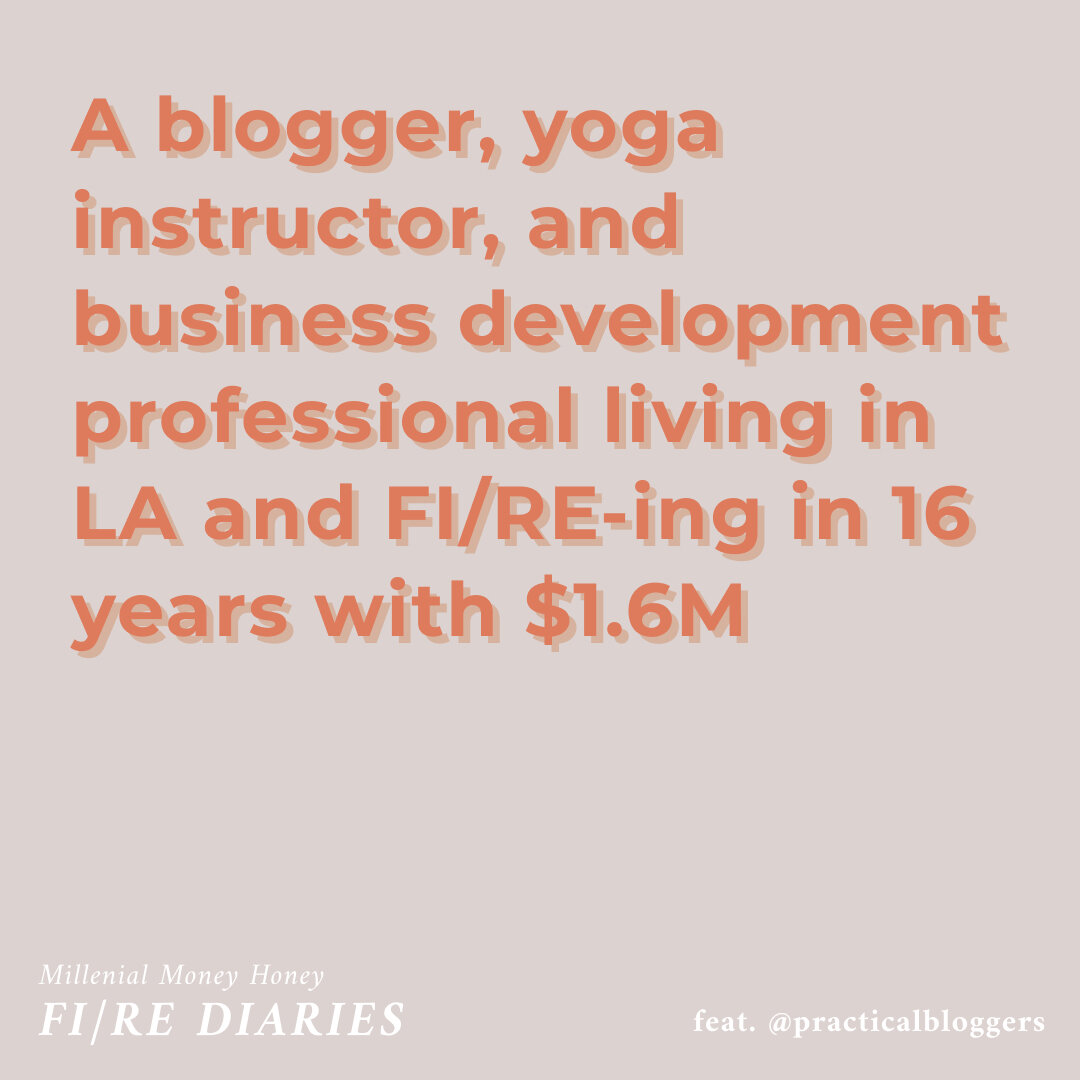

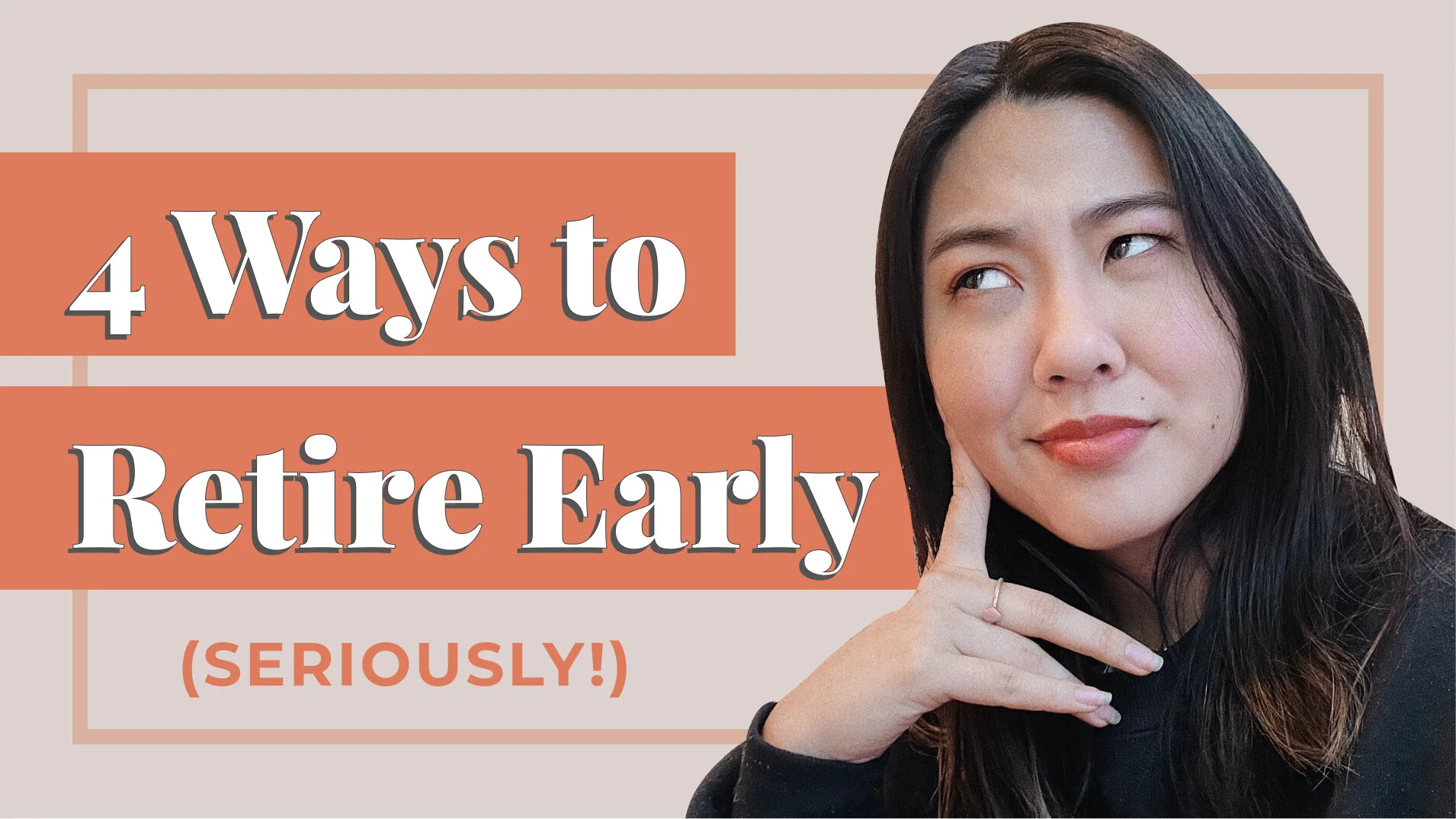



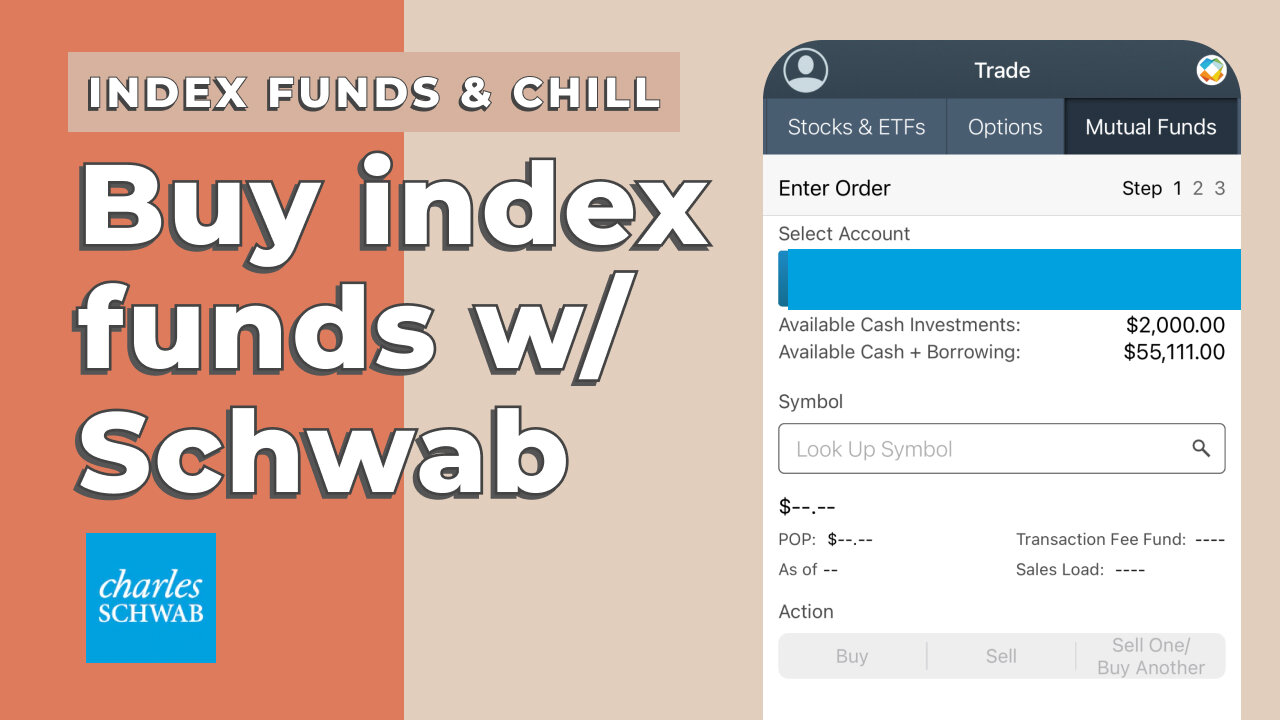



![[Closed] *GIVEAWAY!* Millennial Money Honey Shop is open!](https://images.squarespace-cdn.com/content/v1/5d75d967a6cf7c535dd64803/1599244949238-5UKEL2UONTDWGSKWK01S/Mockup8.jpg)




